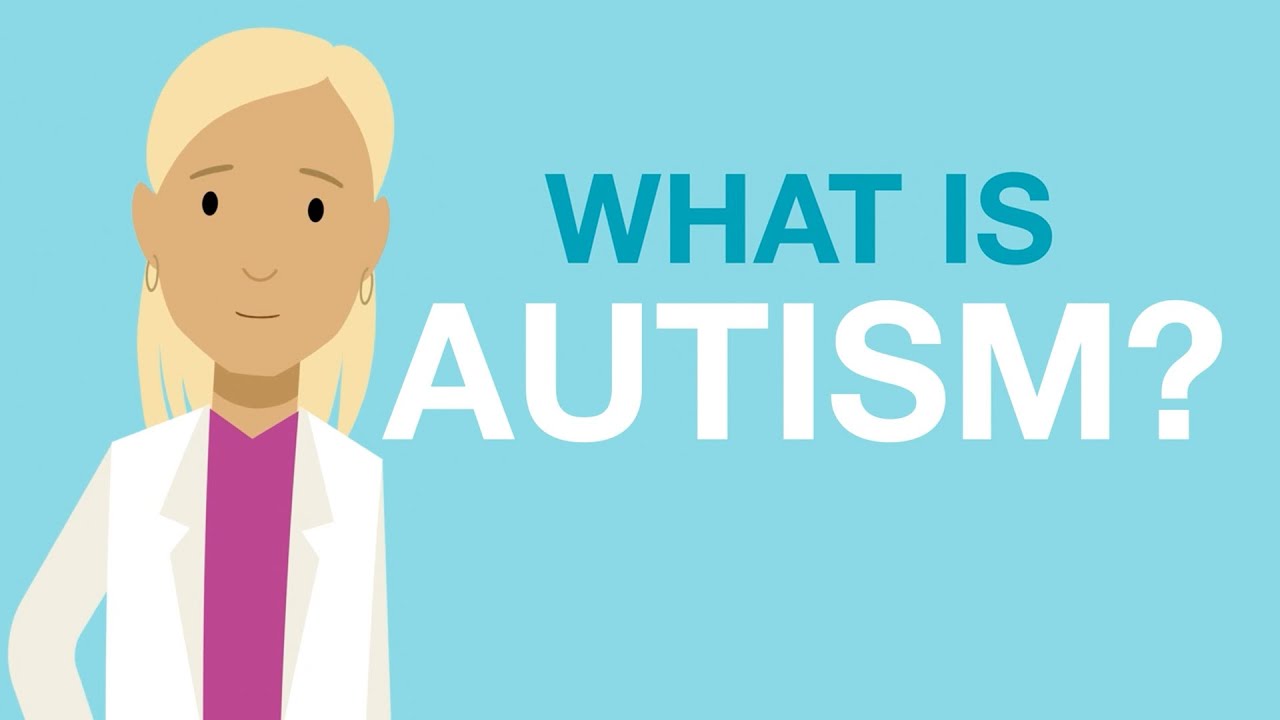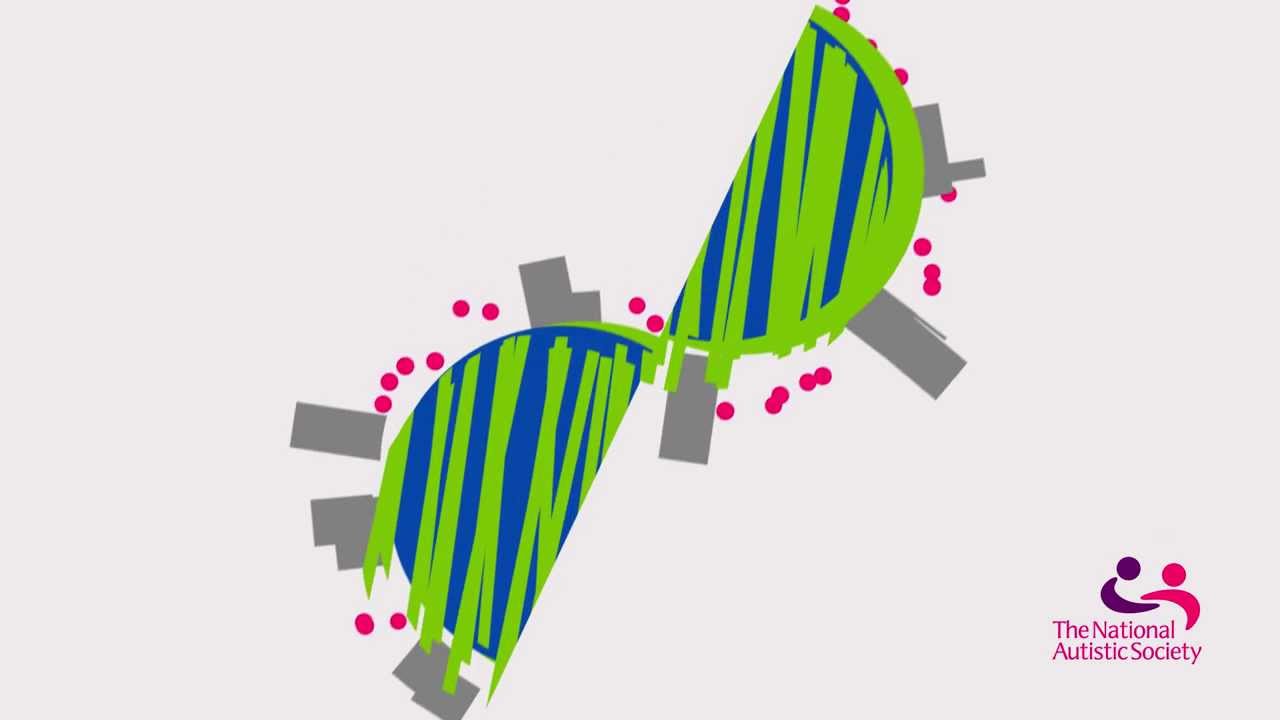What Is Autism? Comprehensive Guide Of A Disease
Autism is a developmental disorder that affects communication, social interaction, and behavior. It is a neurological condition that affects the way a person perceives and interacts with the world around them. Autism is a spectrum disorder, which means that it affects each person differently, with varying degrees of severity.
In this article, we will discuss the different characteristics of what is autism, its causes, diagnosis, and treatment.
What Is Autism? - Characteristics Of Autism
Autism affects people in different ways, but some common characteristics include:
- Difficulty in social interaction and communication with others.
- Repetitive behaviors or routines, such as lining up toys, rocking back and forth, or repeating words or phrases.
- Unusual sensitivity to sensory input, such as sound, light, touch, or taste.
- Difficulty in understanding social cues, such as facial expressions or body language.
- Difficulty in expressing emotions or understanding the emotions of others.
- Difficulty in making and maintaining friendships.
These characteristics can lead to challenges in everyday life, such as difficulty in school, employment, or relationships. However, with the right support, people with autism can learn to manage their symptoms and lead fulfilling lives.

What is Autism? | Cincinnati Children's
Causes Of Autism
The exact causes of autism are still unknown, but research suggests that a combination of genetic and environmental factors may be involved. Studies have found that certain genes may increase the risk of developing autism, but it is not a single gene disorder. Environmental factors, such as prenatal exposure to certain toxins, infections, or medications, may also play a role in the development of autism. Some experts says that the season where children born can influence the possibilities of developing autism, you can see this story in the latest medical articlefrom StationZilla.
Diagnosis Of Autism
Diagnosing autism can be a complex process that involves a comprehensive evaluation by a qualified healthcare professional, such as a pediatrician, neurologist, or psychologist. Diagnosis typically involves a combination of:
- Developmental screenings
- Behavioral assessments
- Medical evaluations
Early diagnosis is essential for providing appropriate support and intervention to children with autism.
Treatment For Autism
While there is no cure for autism, early intervention and ongoing support can improve outcomes for individuals with the condition. Treatment for autism typically involves a multidisciplinary approach, which may include:
- Behavioral and educational therapies: these therapies help individuals with autism learn social, communication, and life skills.
- Medications: medications may be prescribed to manage symptoms such as anxiety, depression, or hyperactivity.
- Alternative and complementary therapies: such as music therapy, art therapy, or animal-assisted therapy, may also be used to complement other treatments.
Autism And Society
Autism can also have a significant impact on society as a whole. Individuals with autism face many challenges in accessing healthcare, education, and employment opportunities. They may also experience discrimination or stigma due to their condition. This can lead to social isolation, lower quality of life, and increased healthcare costs.
Awareness and understanding of autism are essential to promote inclusion and acceptance of individuals with the condition. This can be achieved through education, advocacy, and community support. Many organizations and initiatives work towards creating a more autism-friendly society, such as autism-friendly workplaces, schools, and public spaces.

What is autism?
Supporting Individuals With Autism
Families, caregivers, and educators play a crucial role in supporting individuals with autism. Providing a supportive and inclusive environment, with access to appropriate healthcare, education, and social opportunities, can improve outcomes for individuals with autism.
There are also many resources available to support families and individuals with autism, such as support groups, online forums, and educational programs. These resources can provide valuable information, advice, and emotional support to those affected by autism.
Autism Research
Research is ongoing to better understand the causes of autism and develop more effective treatments. Some current areas of research include:
- Genetics: scientists are studying the role of genes in autism and identifying specific genetic mutations that may increase the risk of developing the condition.
- Brain imaging: researchers are using brain imaging techniques to study the differences in brain function and structure in individuals with autism.
- Early intervention: studies are evaluating the effectiveness of early intervention programs in improving outcomes for children with autism.
Research is also exploring the potential benefits of alternative and complementary therapies, such as dietary interventions, acupuncture, and mindfulness-based therapies.
Autism And Technology
Technology is also playing an increasingly important role in supporting individuals with autism. For example, apps and software can provide visual aids, social stories, and other tools to support communication and social interaction. Wearable devices can also monitor behaviors and provide feedback to individuals with autism and their caregivers.
Virtual realityand other immersive technologies are also being used to create safe and controlled environments for individuals with autism to practice social and communication skills.
Autism And Education
Education is a critical component in the lives of individuals with autism. Access to appropriate educational opportunities can help individuals with autism develop social, communication, and life skills, and prepare for employment and independent living.
Special education programs and individualized education plans (IEPs) can provide tailored support and accommodations to meet the unique needs of individuals with autism. In addition, inclusion programs that integrate individuals with autism into mainstream classrooms can also be effective in promoting socialization and reducing stigma.
However, access to appropriate education can be a challenge for many individuals with autism. Factors such as lack of funding, limited resources, and a shortage of qualified professionals can hinder the availability and quality of educational programs for individuals with autism.
Autism And Employment
Employment is another area where individuals with autism face significant challenges. Studies have found that the unemployment rate for individuals with autism is much higher than for the general population. This can be due to a variety of factors, such as difficulty in social interaction, limited job opportunities, and a lack of understanding and accommodations in the workplace.
However, with appropriate support and accommodations, individuals with autism can succeed in the workforce. Employers can create a more inclusive workplace by providing accommodations such as flexible schedules, clear communication, and sensory-friendly environments. Programs such as job coaching and vocational training can also help individuals with autism develop job skills and navigate the job search process.
Diagnosis And Treatment Of Autism
Early diagnosisand intervention can greatly improve outcomes for individuals with autism. A diagnosis of autism is typically made by a trained healthcare professional through a comprehensive evaluation of a person's behavior and development. Treatment options for autism can include behavioral therapies, medications, and alternative or complementary therapies. The most effective treatment approach will depend on the individual's unique needs and symptoms.
People Also Ask
What Are The 3 Main Symptoms Of Autism?
The three main symptoms of autism, according to the Diagnostic and Statistical Manual of Mental Disorders (DSM-5), are difficulties in social communication and interaction, restricted and repetitive behaviors, and sensory sensitivities or aversions.
What Are The 5 Symptoms Of Autism?
The five symptoms of autism according to the Autism Speaks organization are difficulties with social interaction, difficulties with communication, repetitive behaviors or interests, sensory sensitivities, and difficulty with transitions or changes in routine.
What Does Autism Do To A Person?
Autism can affect a person's ability to communicate effectively, understand social cues, and develop social relationships. It can also cause difficulties in sensory processing, leading to sensory sensitivities or aversions. Some individuals with autism may have restricted or repetitive behaviors or interests. Autism can impact a person's daily life, including their education, employment, and social relationships. However, with appropriate support and resources, individuals with autism can lead fulfilling lives and achieve their goals.
Conclusion
In conclusion, autism is a complex neurological condition that affects individuals in different ways. While the exact causes of autism are still unknown, early diagnosis and intervention can help individuals with the condition learn to manage their symptoms and lead fulfilling lives. A multidisciplinary approach to treatment, including behavioral and educational therapies, medications, and alternative and complementary therapies, can help individuals with autism reach their full potential.